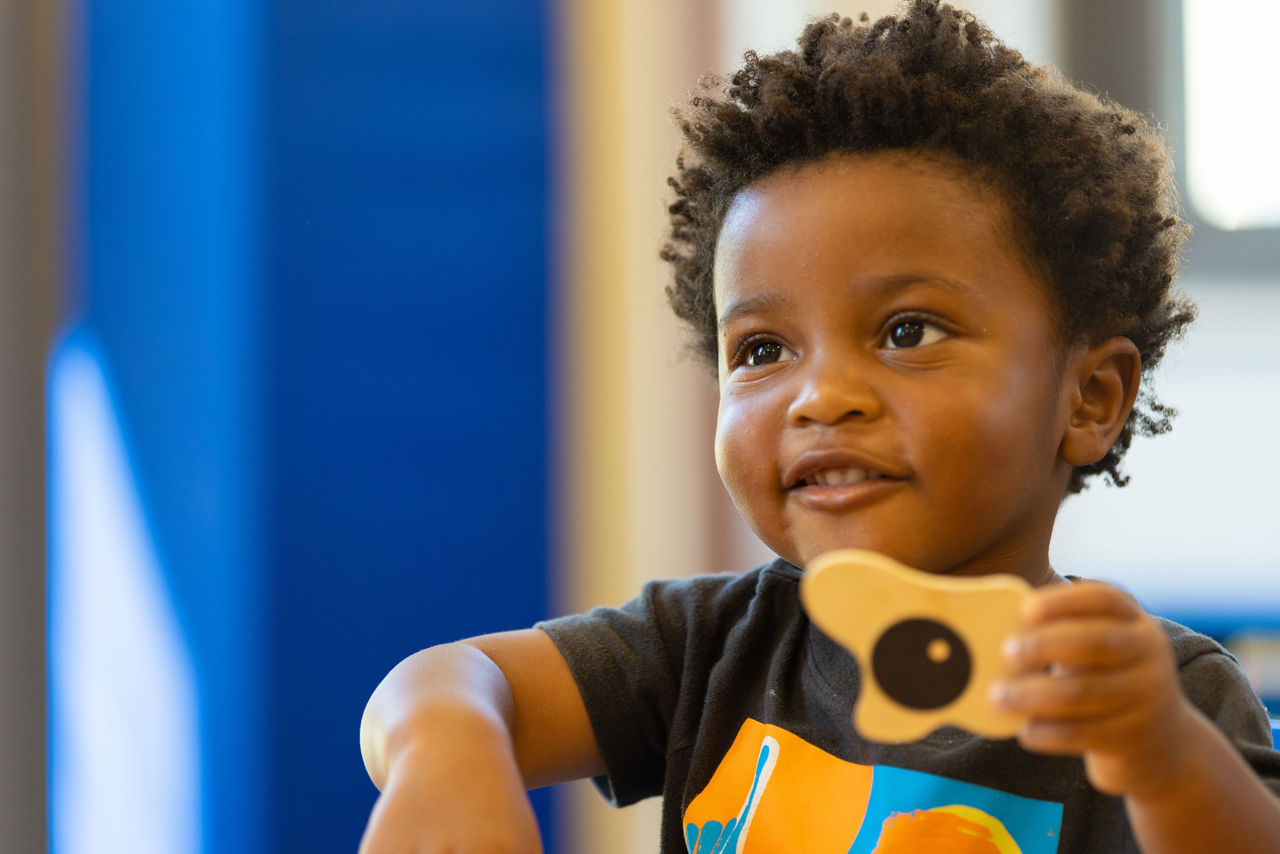Dreading daycare drop-off? The first day can be an anxiety-ridden experience for new and seasoned families alike. Even when you know your child is with a trusted, nurturing caregiver, adjusting to daycare can take some time for both parents and little ones, but creating a smooth transition is important for your little one. Positive transitions foster your child's independence, support social skills and help them develop emotional resilience.
As a parent, it's normal to feel anxious, sad or guilty when dropping your child off at daycare for the first time. You may also feel a sense of relief — and that's okay! Remember, as you spend the day at work, your child is learning, socializing and developing with trusted teachers who love what they do and are excited about spending the day with your child.
Take a deep breath and keep reading for some tips that will help ease first-day nerves!
Understanding Daycare Transitions
It's normal for infants to experience distress when separated from their parents. Many cry for a few minutes when they're dropped off at daycare, and this tends to dissipate as they get to know their caregivers and get used to a new environment. Responsive, gentle caregivers can help to make the transition easier for infants. Toddlers and preschoolers can experience separation anxiety like infants but may express their feelings in different ways. Tantrums and clinginess are common in the first few weeks of daycare but typically go away within the first two to three weeks of their new routine. Choosing a daycare that offers predictable daily schedules can help to ease your toddler's anxiety throughout their adjustment.Establishing consistent drop-off and pick-up times, nap routines and feeding schedules can help your baby begin feel secure. Be sure to openly communicate with your little one’s teachers so they’re aware of any changes in routine or concerns you may have about the transition. Plus, getting to know your child’s teacher will give you peace of mind. And when you’re calm it's easier for your child to feel calm, too.
Adjusting to Daycare
No matter your child’s age, offer them a cheerful goodbye: "I can't wait to hear how much fun you have!" or "I love you and I'll see you soon!" Some tears and clinginess are normal, and usually when you're out of sight, your little one will settle and start exploring their new environment. When you pick your child up at the end of the day, greet them excitedly. Ask them questions, even if they can't respond yet because they'll pick up on your interest.
Here are some other tips to help your child through their daycare transition:
- Visit the daycare before their first day. Exploring the school, introducing your child to their teachers and familiarizing them with the space can help them understand that they're in a safe, comfortable place with trusted adults.
- Recognize and validate your child's feelings. Emphasize that daycare is a fun and safe place and reiterate that they'll see you at the end of the day.
- Create a consistent routine and implement it before your child's first day. Going through the motions of waking up in time to leave for daycare, getting dressed, eating breakfast and getting in the car can help to take some surprise out of the transition process.
- Consider gradually increasing the amount of time your child spends at daycare. If it's possible for your family, start part-time and then increase from there.
- Bring a comfort item from home. A special stuffed animal or blanket can help your child feel secure during their time at daycare.
- Read books about transitions like Bye-Bye Time, Llama Llama Misses Mama, Owl Babies and The Kissing Hand.
- Maintain open communication with your child's caregivers. They can give you strategies to help ease the transition
Signs Your Child May Need Additional Support
Some children may have a harder time adjusting to daycare than others. Signs that your child is struggling with the transition to daycare include:
- Ongoing separation anxiety during drop-off that does not end within a few minutes.
- Changes in mood (irritability, mood swings, sadness, withdrawal).
- Regression, such as bed-wetting or thumb sucking.
- Sleep issues, including trouble falling asleep and/or waking up earlier than normal.
- Difficulty interacting with other children or preferring to play alone.
While the transition to daycare can be difficult for some children, it’s important to remember that struggles are rarely permanent, and children adjust successfully in time. If you’re concerned about your child’s transition, have a conversation with their teachers and the school leaders. As experts in their field, they will have great ideas that have helped other families like yours. They are more than prepared to partner with you to help your little one have the best possible experience!



